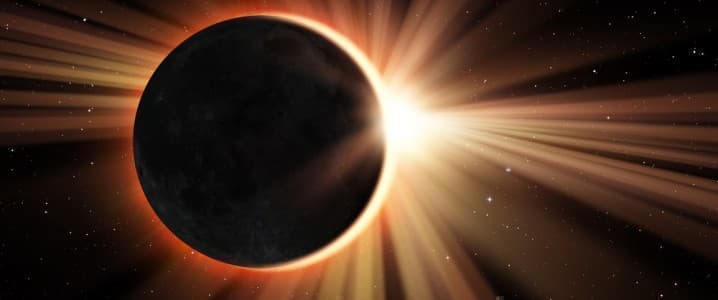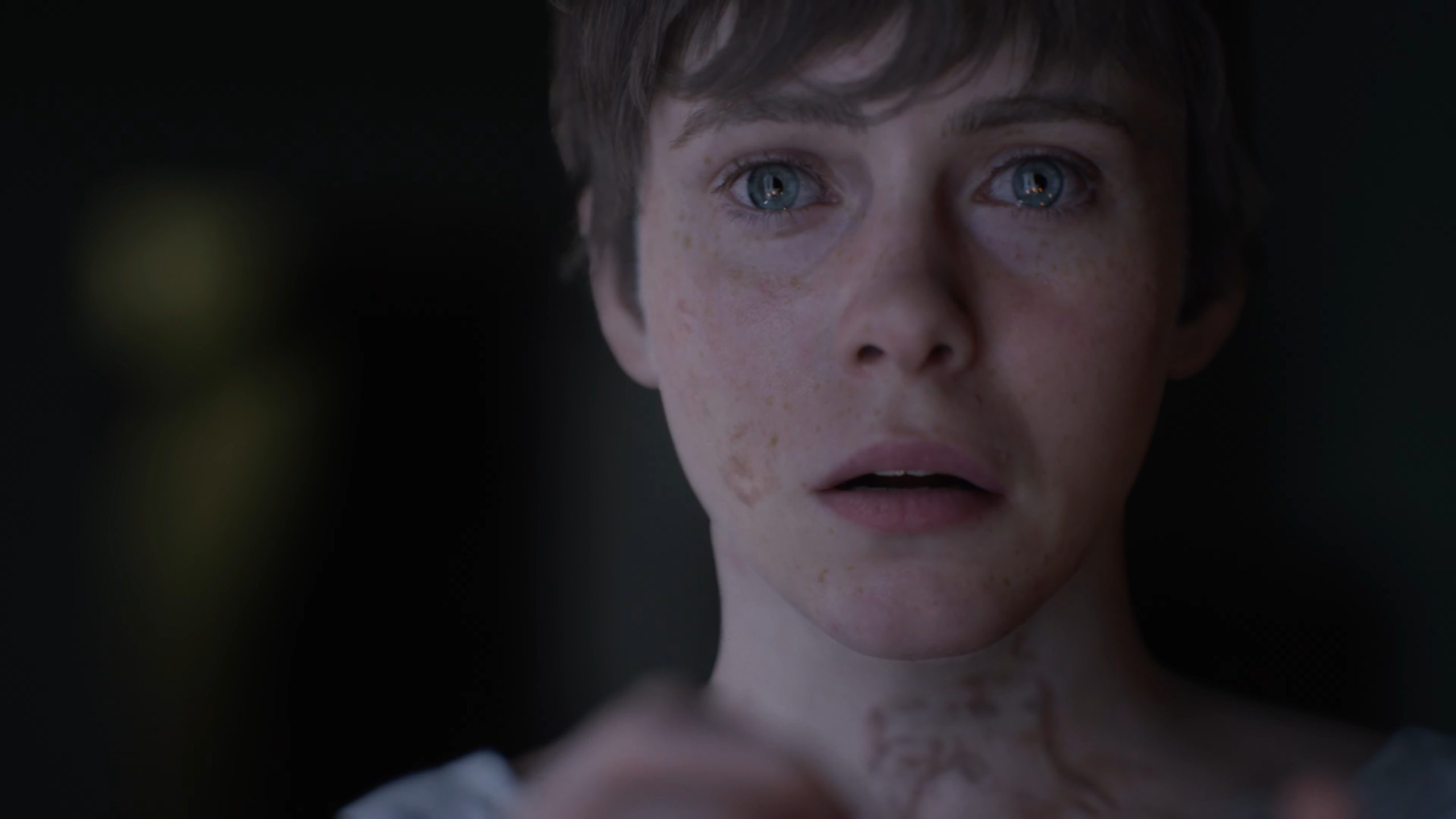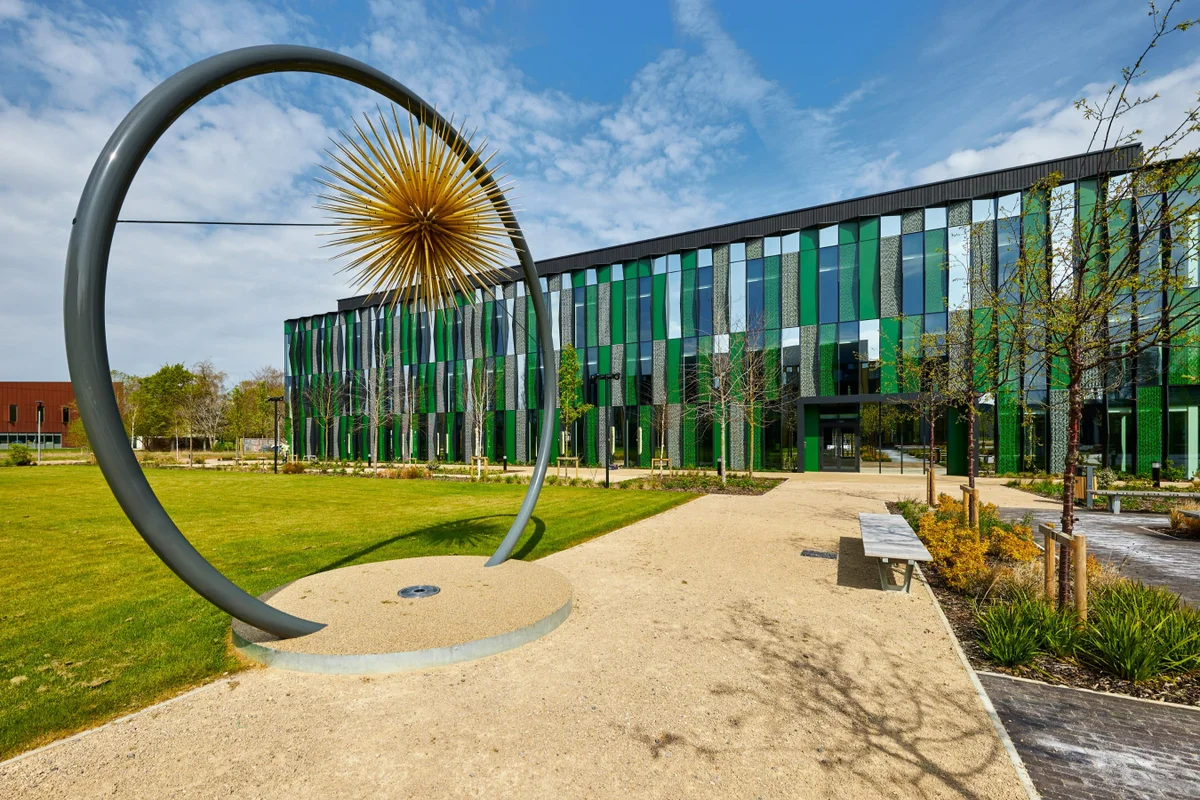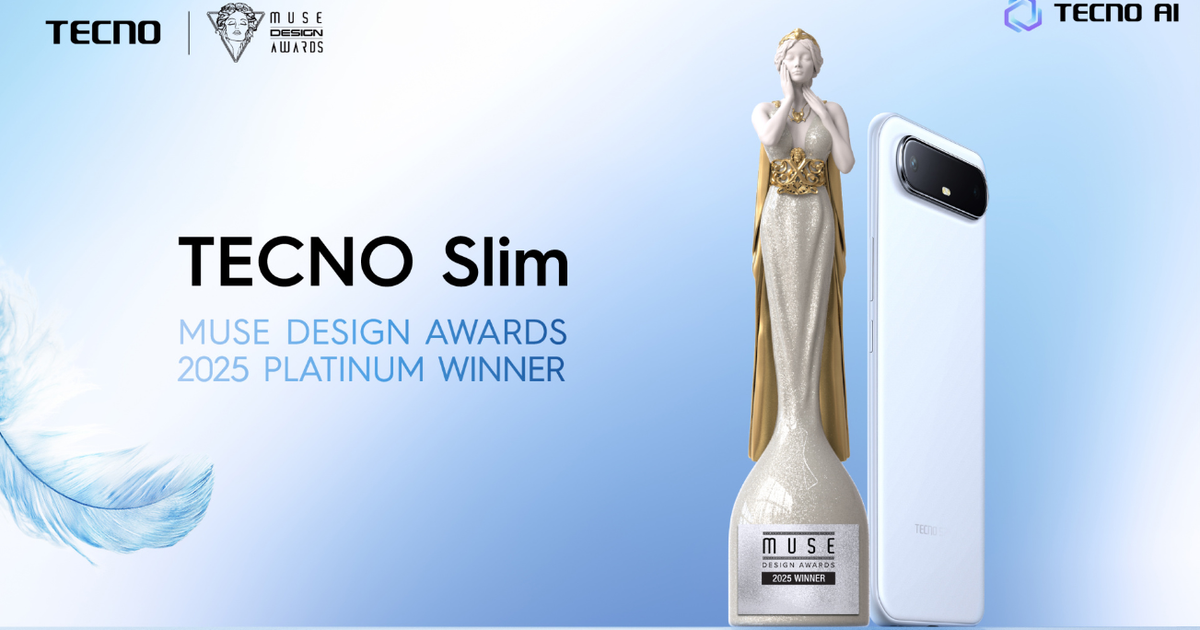Copyright Pitchfork
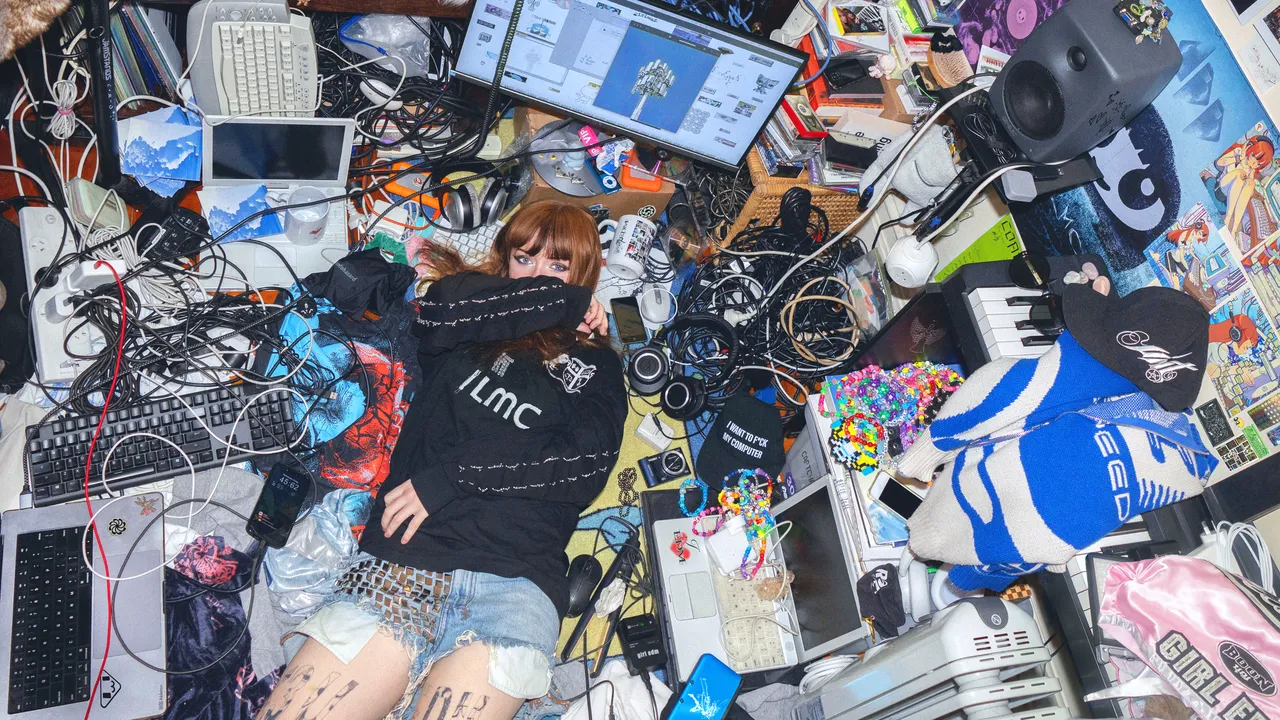
A friend of mine has a gripe with most modern filmmakers: She says they don’t really know how to portray smartphone use. Shouldn’t people in films, she often wonders, be texting and scrolling more and talking less? It’s true that, for whatever reason, certain art forms have been slow to address the fact that, since the introduction of the iPhone, many relationships are largely mediated through screens. For a lot of people, computers and phones provide a central hub to find not just connection, but meaning, comfort, and thrills. Countless artists have dealt with this in a broad way over the decades—think Magdalena Bay’s Imaginal Disk, a hero’s journey from tech-addled nihilism through to human feeling, but also Kraftwerk’s seminal 1981 record Computer World, a still-prescient exploration of what happens to a tech-reliant society—but fewer have explored the connection that, I, and perhaps you, have on an individual level with our devices. Enter 26-year-old Nina Wilson, aka Ninajirachi. She wants to fuck her computer. Kind of. A track on her excellent, aggressively stimulating debut album I Love My Computer is called “Fuck My Computer,” and it’s kind of a joke, unless it isn’t? “I wanna fuck my computer/’Cause no one in the world knows me better,” she deadpans. “It says my name, it says, ‘Nina’/And no one in the world does it better.” “Fuck My Computer” is an assaultive dubstep rager that yearns for the days when you could download Adventure Club remixes for free from Hype Machine, and it arrives early enough into I Love My Computer that you can play it off, on first listen, as irony. But it quickly becomes clear that Wilson, who grew up in Kincumber, a regional town in New South Wales, Australia, is playing her album’s conceit straight; this is a concept record about Wilson’s relationship with her PC, emphasis on the P. Moving between EDM, tech-house, speed garage, dubstep, and hyperpop with the jerky irregularity of a spasming ocular muscle, I Love My Computer is sincere and uniquely moving—smartly sidestepping newspaper opinion section questions around Tech Addiction and a Disconnected Society, Wilson instead chooses to tell a specific, personal story about growing up with the screen as your mirror. Wilson came up as a teenager making pretty, accomplished pop music. Some of her records—such as the Kota Banks collab True North—showed an aptitude for pop songwriting; others suggested a love for early PC Music legends like A.G. Cook and SOPHIE. But I Love My Computer has a distinct point of view: It is, in part, a tribute to the popular electronic music that defined Australia’s 2000s and 2010s. I hear the legendary house duo PNAU—predecessors of Empire of the Sun—on the anthemic “All I Am,” and the squally intensity of second-album Flume on “Battery Death.” These artists may have been drops in the bucket internationally, but in Australia they’re titans; referencing them ties I Love My Computer back to a specific moment when the government-funded radio station Triple J, a powerful arbiter of alternative music in Australia, began to properly acknowledge dance music. These references prohibit I Love My Computer from being considered “internet music,” to its benefit. “iPod Touch,” the album’s most earnest, winsome track, paints a picture of teen girlhood that doesn’t put life online at odds with an adolescence in the physical world. On the song, Wilson references Porter Robinson and the production software FL Studio, but also clothes that are “dyed, frayed, high-waist, bought at Supré”—an ultracheap, ubiquitous fast fashion chain—and a “beach day, heatwave, stoned and afraid.” It’s a far more truthful portrait of a tech-loving teen than the stereotypical image of a sallow loner whose whole world is a screen. For all the blunt force of her production—even at its prettiest, I Love My Computer is loud and unforgiving and altogether unfriendly to anyone who doesn’t look back rosily at 2010s electronic music—Wilson is a subtle songwriter and curator. Album closer “All I Want” casts her relationship with her computer as a technofeminist fairytale—“Fell into the screen like a star/As a girl found a world there and gave it my heart/Now, we’re soul-bound”—while “London Song” is a wryly romantic electroclash rager about traveling the world, “me in satin, you wrapped up in your sleeve.” Australia’s first digital computer takes on a sinister valence on “CSIRAC,” where a clipped, barely intelligible voice whispers: “You are the girl, the one I want/I would never do anything to bring you harm.” A destabilizing synth line slowly builds under the song’s breathless techno beat, creating an unnerving, ominous atmosphere. Without sermonizing or finger-wagging, Wilson seemingly alludes to the tricksterish corners of the internet, the rabbit holes and weird chatrooms where the utopian promise of technology can be used for manipulation and personal gain. But even on “CSIRAC”—or “Infohazard,” a boisterous trance track about accidentally seeing a snuff film as a child—Wilson doesn’t really problematize these things, perhaps because, unlike so many people who write about the internet in any form, she actually grew up with these systems. She presents them not as bogeymen, but real parts of the world that teenagers have had to contend with for over a decade at this point. That idea is never more clear than on “Delete,” I Love My Computer’s centerpiece, an uneasily euphoric song about posting and deleting thirst traps. “My heart’s alight, it’s because I’m so obsessed with you/In bed, I get undressed for you,” Wilson sings. But she never really clarifies whether it’s her phone she loves or the person on the other side. Then again, would any of us be able to answer that question?
